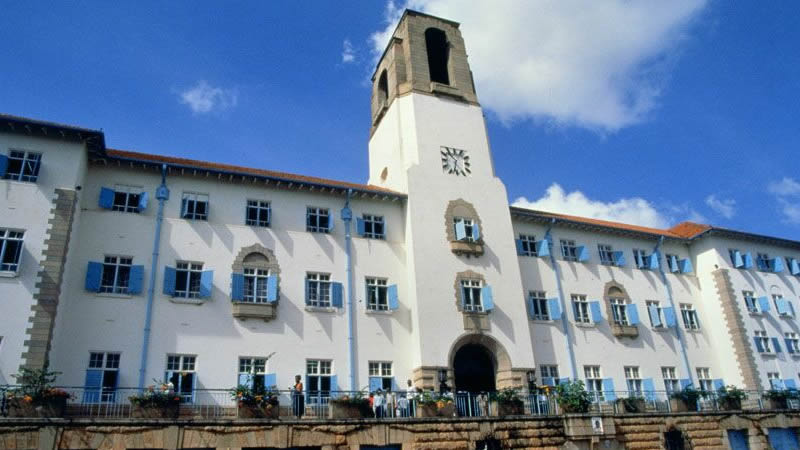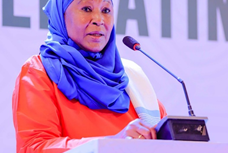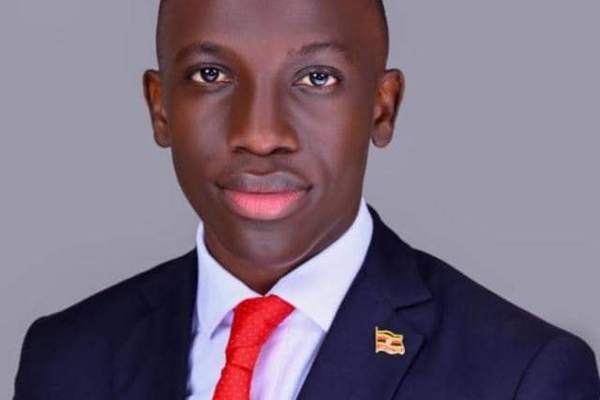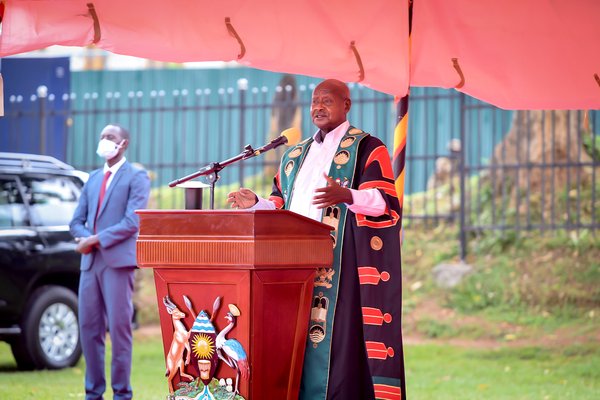By Tuhirirwe Karane
At the age of 12, Samuel Nyasha Chikowero says he had a bizarre experience that left a stain on his childhood, and eventually informed his scholarly work around the subject of uroyi (a Shona word for witchcraft). In the dead of night, he heard a voice calling his name. Guided by an inexplicable pull, he left his grandfather’s compound, venturing out to a place he’d never seen before. He found himself inside a small, dimly lit hut where several people — mostly women — sat in a circle around a fire, singing. He vividly remembers one of the women offering him a cup of water. That moment was the last thing he recalled until the morning.
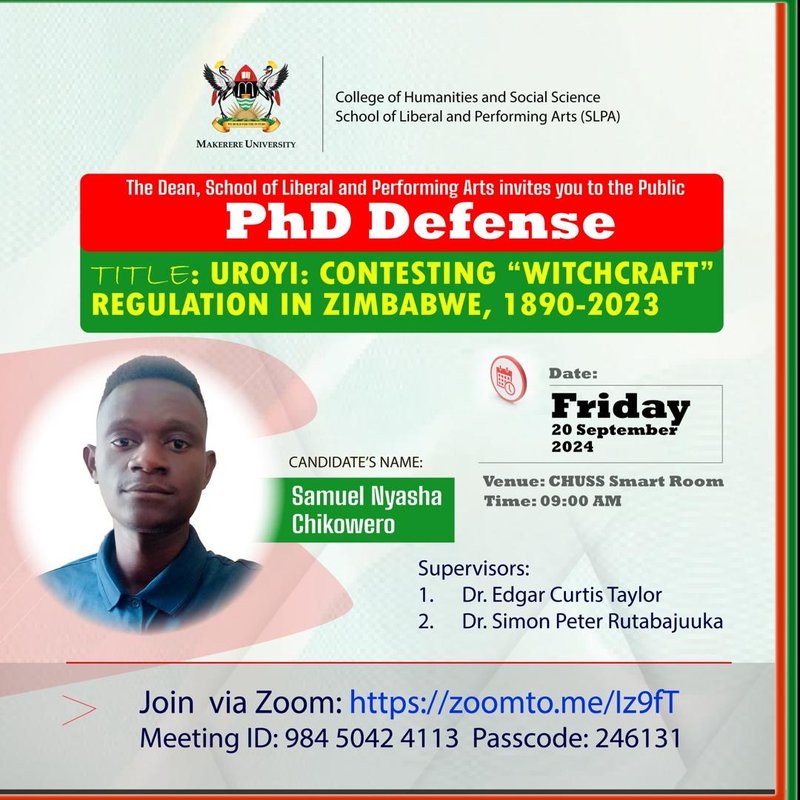
An e-flier announcing the public PhD defence by Samuel Nyasha Chikowero
When he regained consciousness, Nyasha found himself at a distant village homestead, far from his grandfather’s home. A young boy from the homestead escorted him back, and he arrived home at around 6am. Soon after, Nyasha fell ill, an illness that lingered for six months. This unusual encounter would mark his first interaction with uroyi, setting him on a path that would eventually lead him to unravel its mysteries in his scholarly work.
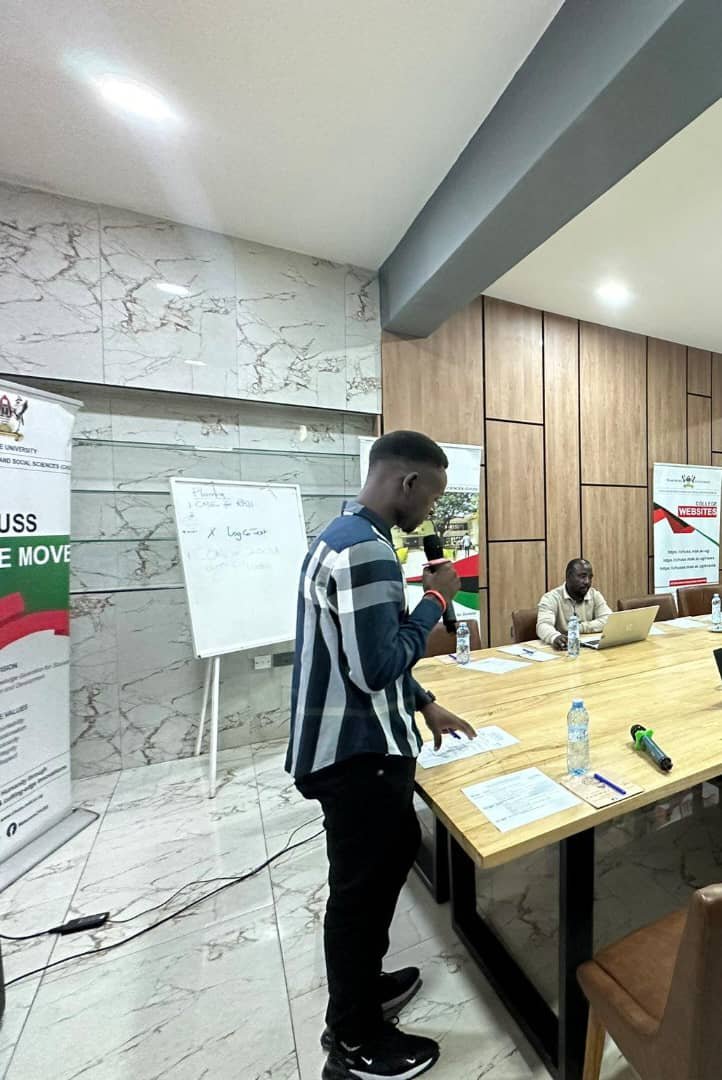
Nyasha chairing a session at one of the PhD workshops organised by Makerere University
Despite this experience, Nyasha believes that there are also positive aspects of African indigenous knowledge systems and refrains from using the term “witchcraft”, referring to it as a misinterpretation imposed by colonialists who misunderstood the depth of African spiritual practices. “The problem with using the word ‘witchcraft,’” he explains, “is that it demonises African beliefs and cultural practices. One of the key objectives of my project is to debunk these egocentric and derogatory concepts.” He believes that the negative stereotypes surrounding African spirituality have contributed to many social issues across the continent.
Witchcraft Suppression Act
While studying at the University of Zimbabwe, Nyasha worked as a research assistant for several professors, primarily from the Global North. His work often buried him deep into the nation’s colonial archives, where he encountered numerous files discussing uroyi from a European colonial perspective — a view that clashed sharply with the understanding he’d had since childhood. “I came across many documents where colonial officials described uroyi in ways that felt foreign to me,” he recalls. One file was particularly striking; it outlined the colonialists’ intention to eliminate this belief through legislation, aiming to use legal measures to suppress the belief in the existence of uroyi among Africans. This eventually came to pass with the enactment of the 1899 Witchcraft Suppression Act (WSA). This attempt to control and stigmatise something so integral to his culture stood in stark contrast to his own experiences. It was this contestation in thought that drove him into scholarly research on the subject.
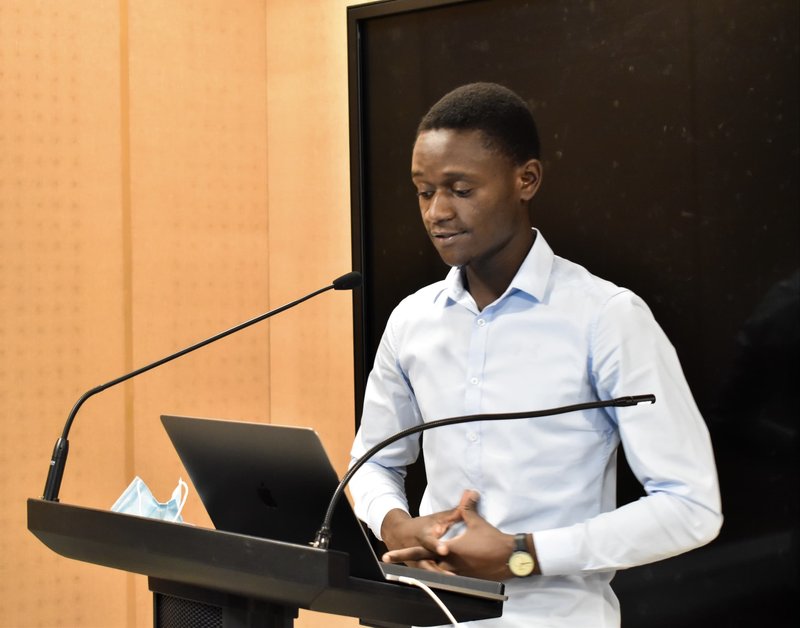
Nyasha at the Gerda Henkel Scholarship Pre-application workshop in January 2021
As a historian, Nyasha mentions that he had read about Makerere University as a great African institution where many brilliant minds such as John Mbiti had studied and this is where he drew inspiration to enroll for a PhD whose research was titled “Uroyi: Contesting “Witchcraft” Regulation in Zimbabwe, 1890-2023.”
Explaining his research subject, Nyasha shares, “I decided to go back in time to understand how Africans historically conceptualized the practice of uroyi and the ways they addressed “varoyi” (people who practice uroyi) before colonial occupation. I then explored how the colonialists interpreted this phenomenon and found significant contestation over how to define and regulate it.” He discovered that this clash of perspectives between Europeans and Africans led to regulatory challenges during the colonial period, even creating opposing viewpoints among the Europeans themselves.
Celebrity scholar
September 20, 2024, was far from a typical day for the public PhD defenses held across Makerere University’s 10 colleges. The excitement began the evening before, as an e-flyer announcing Samuel Nyasha’s defense circulated widely in WhatsApp groups frequented by Uganda’s corporate class and quickly went viral on X. The academic study on “witchcraft” caught the public’s imagination and stirred an unprecedented buzz, with social media busy commenting as people expressed their eagerness to attend. By 9am, Dr. Jimmy Spire Ssentongo, an avid X user, noted that the Zoom session had already reached capacity, with attendees flooding online platforms, eager to witness the unique defense. At one point, Nyasha himself faced a technical glitch and couldn’t rejoin the Zoom meeting, as the numbers in attendance went beyond the capacity.
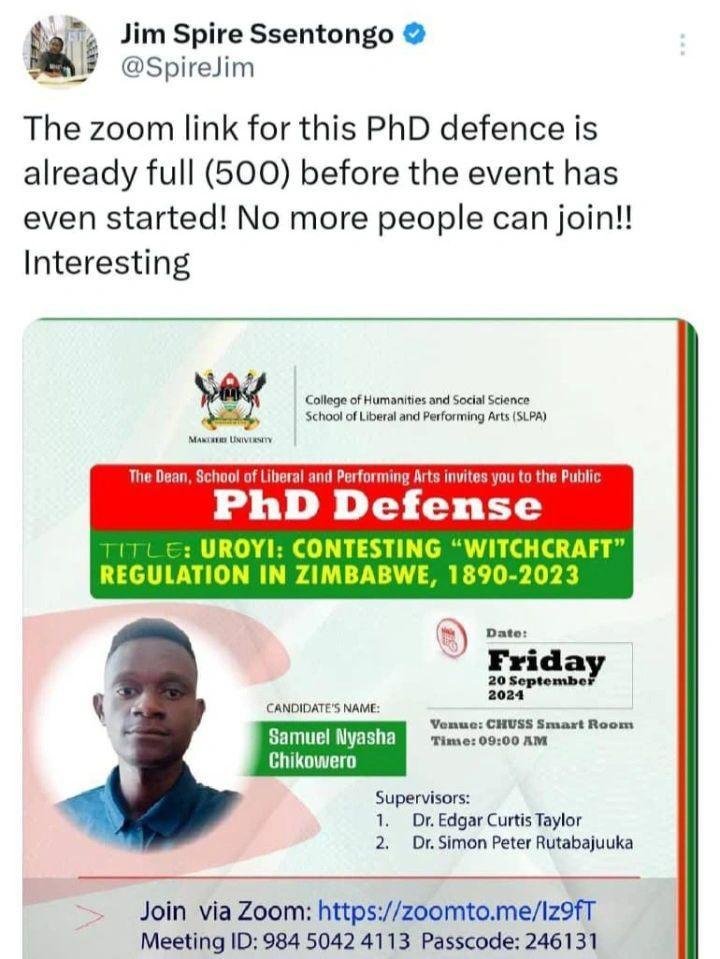
Commenting on his study, the Zimbabwean scholar explained that his findings highlighted the need “to rethink the current Witchcraft Suppression Act, as it doesn’t align with African foundations and has disempowered both traditional chiefs and healers.” He added, “Many people expressed a desire for spiritual protection, but this regulation fosters insecurity and further undermines cultural beliefs and practices.”
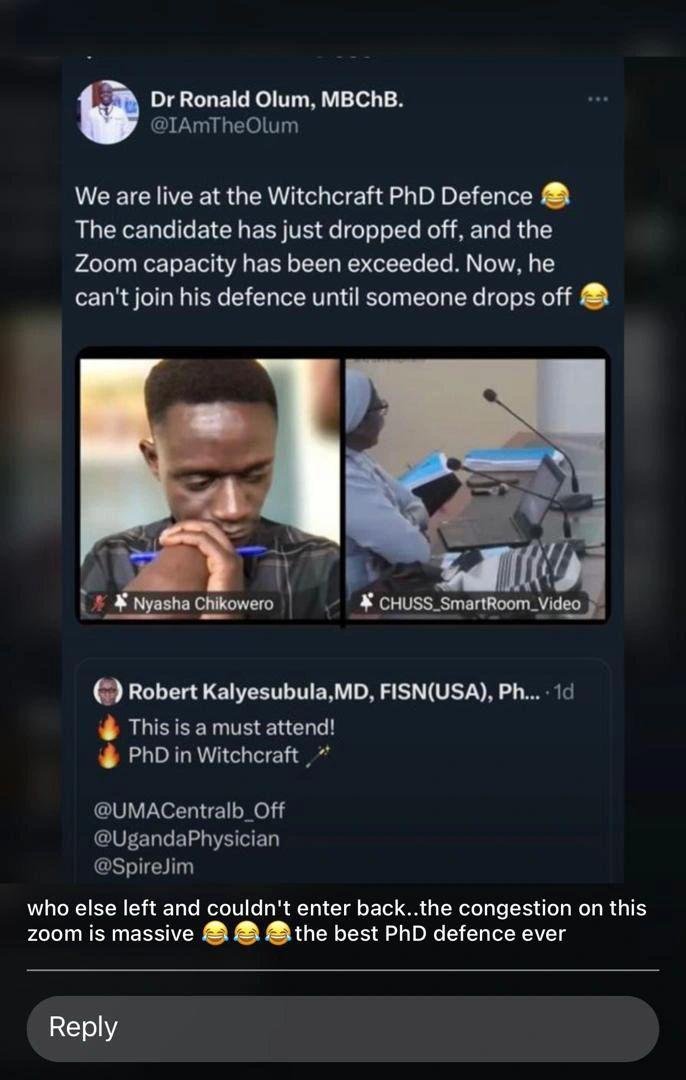
Nyasha’s PhD journey was not without its challenges. He recalls how both community members and, surprisingly, even some academics questioned his choice of topic, with some even urging him to abandon the study altogether. Collecting data posed its own obstacles, especially when approaching individuals perceived as “witches.” “Many of my respondents had trust issues,” he explains, “uncertain if my research might lead to increased societal assaults against them.”
When asked how the debate he has ignited can be sustained, Nyasha emphasizes the importance of amplifying the voices of those directly impacted by this phenomenon. “I would love to see people affected by these issues be heard and given a platform,” he says. He also urges African governments to support researchers by providing opportunities in national legislative assemblies to discuss these subjects, as they profoundly impact people’s daily lives.
Related News
![]() Please join hands with the Makerere University Endowment Fund as it works towards attracting & retaining the best faculty, providing scholarships, and investing in cutting-edge research and technology.
Please join hands with the Makerere University Endowment Fund as it works towards attracting & retaining the best faculty, providing scholarships, and investing in cutting-edge research and technology.
